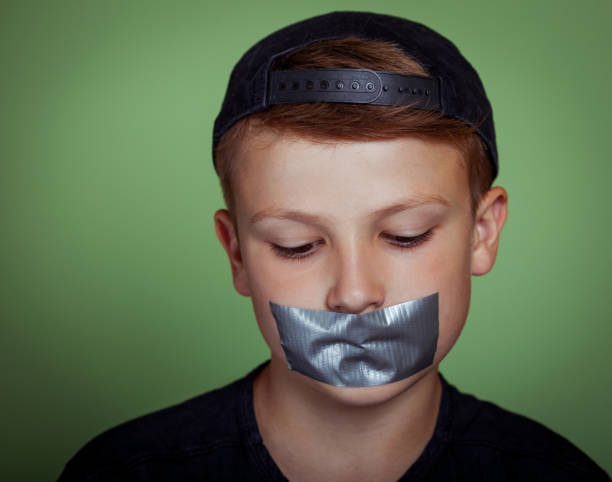In a troubling incident at Palmer Elementary School in Denver, a six-year-old student was allegedly subjected to a severe form of punishment when a school secretary, Jennifer Carter, reportedly used duct tape to bind the child’s mouth and wrists. The incident occurred after the student was sent to the principal’s office for disruptive behavior. The child’s mother, Ashlye Tenner, expressed her shock and disbelief, stating that such an act was unimaginable and beyond comprehension. Following the revelation, Denver Public Schools terminated Carter’s employment, and she faced misdemeanor charges of false imprisonment and child abuse . This case adds to a series of similar incidents across the United States where educators have been accused of using duct tape as a form of discipline. For instance, in Aurora, Colorado, a teacher at Fulton Academy allegedly taped students’ mouths shut when they were talking in class. One parent reported that her daughter experienced pain and difficulty breathing due to the tape, leading to emotional distress and a reluctance to return to school.

Similarly, in Salt Lake City, Utah, a junior high teacher instructed students to tape their mouths shut as a punitive measure for talking during class. The teacher was placed on administrative leave, and parents expressed concerns over the humiliation and potential psychological impact on their children. These incidents highlight a disturbing trend of inappropriate disciplinary practices in schools, raising questions about the adequacy of training and oversight provided to educational staff. Experts emphasize that such methods can cause physical harm and emotional trauma to students, potentially leading to long-term psychological effects. Educational institutions are urged to adopt positive behavioral interventions and ensure that all staff are trained in appropriate disciplinary techniques that respect students’ rights and dignity. In response to these events, school districts have initiated investigations and taken disciplinary actions against the involved staff members. However, critics argue that these measures may be insufficient and call for systemic changes to prevent future occurrences.
There is a growing consensus that schools must implement comprehensive policies that prohibit such forms of punishment and promote a safe and supportive learning environment for all students. The use of duct tape as a disciplinary tool is not only a violation of students’ rights but also a reflection of deeper issues within the educational system and pop over to this website. It underscores the need for continuous monitoring, accountability, and reform to ensure that schools remain places of learning and growth, free from fear and harm. The use of duct tape as a disciplinary tool raises significant ethical and legal concerns. While some educators may view such actions as harmless or effective in maintaining order, they can have lasting psychological effects on students and may violate policies regarding student safety and well-being. Educational institutions are expected to foster environments of trust and respect, and such incidents undermine those principles. In response to these events, school districts are under increased scrutiny to review and reinforce their policies on student discipline and staff conduct. The safety and well-being of students should always be the top priority in educational settings.







